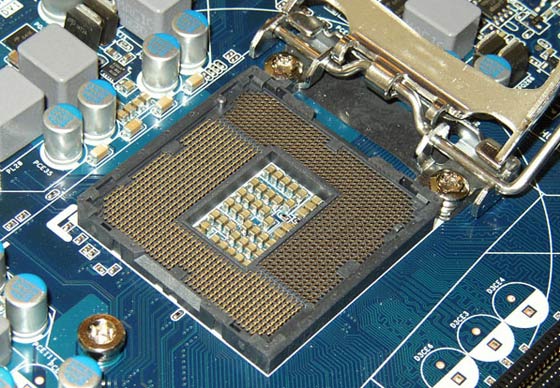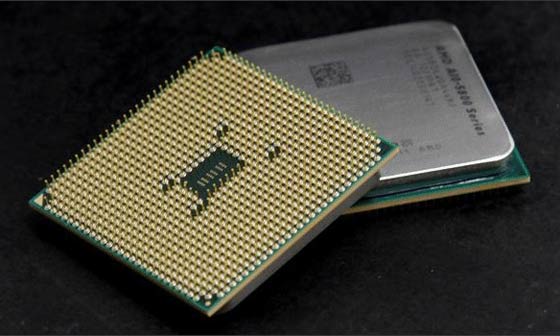Recently we covered a news rumour emanating from Japan about Intel discontinuing support for socketed CPUs. It turns out that it was a tsunami in a tea-cup, as Haswell isn’t going to be Intel’s last range of swappable CPUs. This comes from the horse’s mouth, via an email from an Intel spokesman to Maximum PC.
Intel’s email
The rumour that Intel PCs would move to soldered on BGA CPUs only, following the Haswell line of chips, has been scotched. In an email, Intel spokesman Daniel Snyder told Maximum PC that “Intel remains committed to the growing desktop enthusiast and channel markets, and will continue to offer socketed parts in the LGA package for the foreseeable future for our customers and the Enthusiast DIY market”. Snyder ended his comment with a “however” statement, he wrote “However, Intel cannot comment on specific long-term product roadmap plans at this time, but will disclose more details later per our normal communication process.” The statement is reassuring but ultimately non-committal, but how far ahead can you expect a commercial enterprise to make commitments for? Businesses are there to make money, not merely to keep promises beyond that of a product guarantee or contractual agreement.

AMD’s email
AMD piped up following the Intel socket abandonment rumour to say, in an email to ZDNet, that it remained committed to socketed processors. ZDNet talked about how such an upgrade path removal would be bad for the industry and another nail in the desktop PC market “Modularity made the desktop PC, and removing this key feature will bring this to a close” opined ZDNet’s Adrian Kingsley-Hughes in his conclusion.

AMD’s statement of reassurance read “We have no plans at this time to move to BGA [ball-grid array] only packaging and look forward to continuing to support this critical segment of the market”. AMD said it had “a long history of supporting the do-it-yourself and enthusiast desktop market with socketed CPUs and APUs that are compatible with a wide range of motherboard products from our partners”. Also the company promised supplies of socketable CPUs through 2013 and 2014 with the “Kaveri” APU and FX CPU lines. That’s as far as it could be reasonably expected to commit.
Miniaturisation
With all our computing devices generally getting smaller, thinner and lighter there are proportionally fewer upgradeable CPUs around. Having upgradable and exchangeable standard parts takes up more room in a device. As computing on the desktop’s popularity declines the socketable CPU market could go with it. It looks as though the desktop PC’s CPU upgrade capability is safe until 2015, but what the computing landscape looks like by then, we shall have to wait and see.













